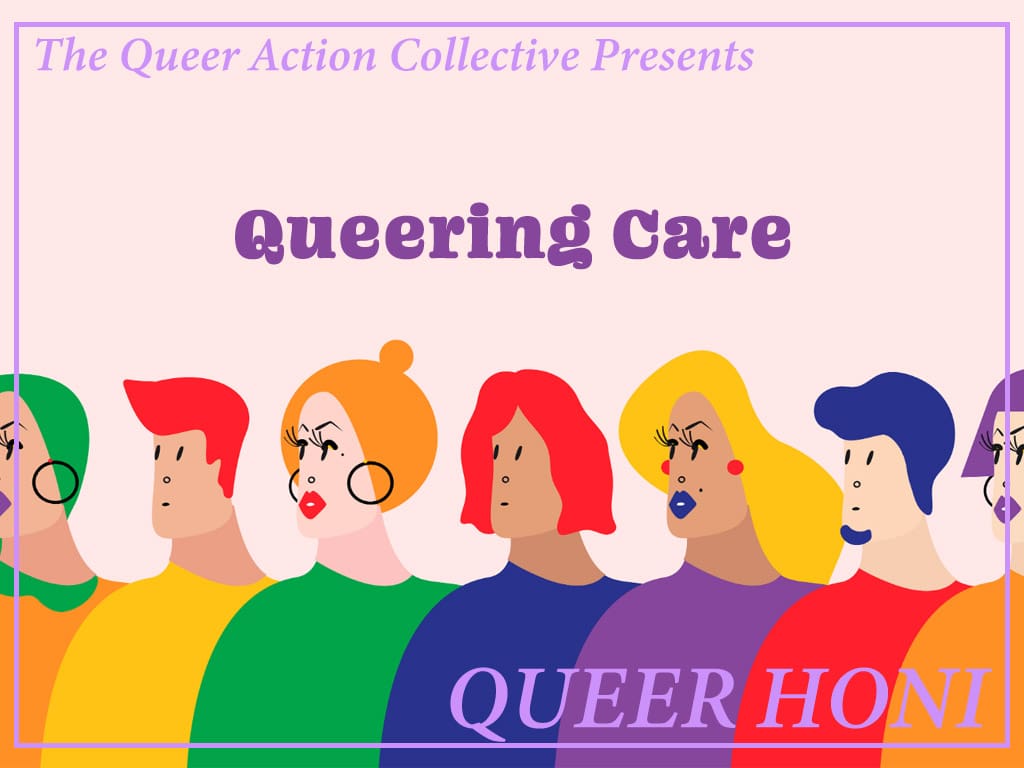Community is radical under a neoliberal state of individualism. It is radical to care for those whom the state ignores, and more so to facilitate this care between ourselves. To choose community is to reject self-interest, and to enact communal mutual aid is to resist an intangible meritocracy. Essential to the brutal colonisation of so-called Australia was the destruction of Indigenous communal living, continuing today through racially targeted child removals and incarceration. In its place is the ‘nuclear family’. The nuclear family is central to the colonial state and its function, wherein heteronormative ‘family values’ and gender norms are formalised through infrastructure and policy.
As well as being the central labour force for capitalist production, the nuclear family absolves the state of welfare responsibility and shifts it onto the individual ‘household’. Women are appointed this care work, and queer people are ostracised from these care units. Both women and queer people are criticised according to heteronormative reproductive value, and the ability to recreate a productive unit of labour by means of the household. The household reflects divisive state power, not communal care. An alternative is necessary.
By this, we do not mean queer marriage or adoption. A white picket fenced home for two dads with a rainbow atop is meaningless when queer people are twice as likely to experience homelessness. It is not enough to infiltrate systems of oppression for the few, but to redefine care under community for the many. Similarly, the notion of ‘chosen family’ is limited by individualised identity politics, still rooted in the hierarchy of the nuclear family and its function. Assimilation is, therefore, inadequate. Community care in place of individualised care is to centralise kinship in belonging, and inter-dependence without the focus of reproduction or productivity. To sever community from heteronormativity and capitalism is to centralise kinship and care as fundamental roles. This looks like forming and prioritising friendships, connecting across lines of normative kinship, centreing intimacy over individuality, and communal support over self-interest. Queering care is in a constant state of construction, adapted for different folks; fluid.
Community building is not frivolous, but central to political activism. Tangible political action may be possible between strangers, as seen when we march on the street, side by side with unfamiliar faces. However, political activism is not void of intimacy, nor community. What do we fight for if not community? To keep the two separate is to internalise the capitalist divide between public and private, or the bourgeois notion of a depoliticised personal life. As many authors have argued, ‘the revolution starts at home,’ meaning that political values must be enacted in our everyday. This includes within relationships and personal spaces, as well as in public and intellectually. Community is what binds a movement together and creates practical alternatives to harmful state institutions such as the nuclear household. Solidarity starts on the couch and at the pub, in conversations and texts, between friends and neighbours. Through community, comrades become kin.





